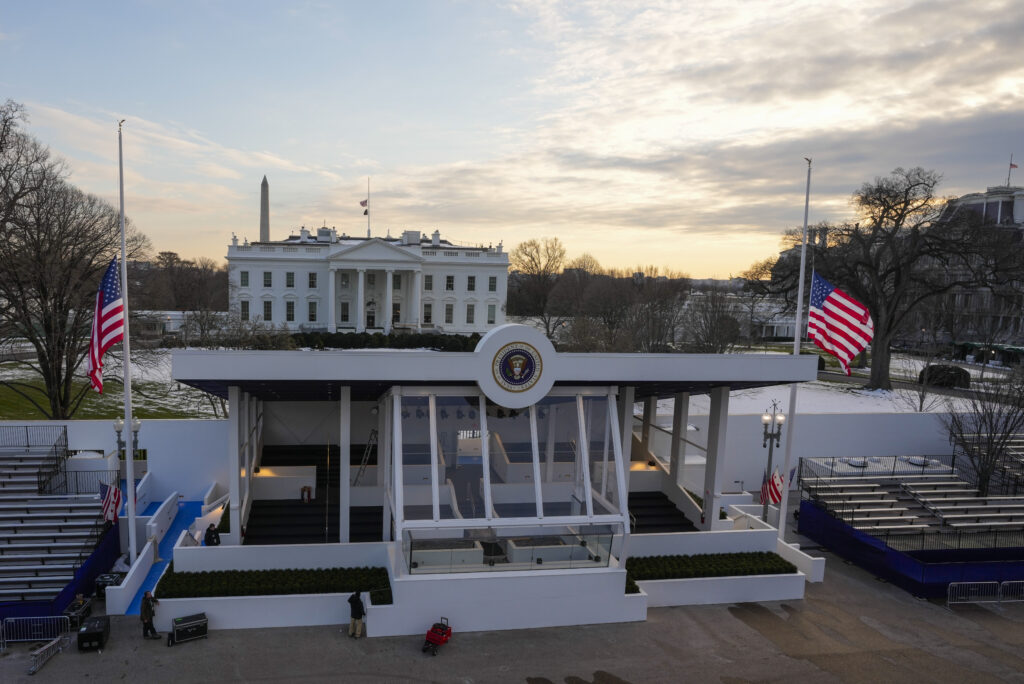President-elect Donald Trump will take the oath of office from inside the Capitol Rotunda on Monday due to forecasts of intense cold weather.
“The weather forecast for Washington, D.C., with the windchill factor, could take temperatures into severe record lows,” Trump posted on his Truth Social platform. “There is an Arctic blast sweeping the Country. I don’t want to see people hurt, or injured, in any way.”
The Rotunda is prepared as the inclement weather alternative for each inauguration in the event of inclement weather. The swearing-in was last moved indoors in 1985, when President Ronald Reagan began his second term. Monday’s forecast calls for the lowest inauguration day temperatures since that day.
Alternate plans are required for the more roughly 250,000 guests ticketed to view the inauguration from around the Capitol grounds and the tens of thousands more expected to be in general admission areas or to line the inaugural parade route from the Capitol to the White House.
Trump said some supporters would be able to watch the ceremony from Washington’s Capital One area on Monday, a day after he plans to hold a rally there. He said he would visit the arena after his swearing-in.
The National Weather Service is predicting the temperature to be around 22 degrees (minus-6 Celsius) at noon during the swearing-in, the coldest since Reagan’s second inauguration saw temperatures plunge to 7 degrees (minus-14 Celsius). Barack Obama’s 2009 swearing-in was 28 degrees (minus-2 Celsius). Adding to the bite: Wind is forecast to be 30 to 35 mph (48 to 56 kph), sending wind chills into the single digits.
(AP)












One Response
1, This is a triumph for Biden, who is known as an opponent of global warming.
2. Instead of moving the inauguration to Jan. 20 from March 4, they should consider moving the inauguration to September (the start of the school year, important to elected officials and patronage employees who are also parents), which probably would require moving the election to late spring. The original dates were based on the need of politicians to travel by horseback on roads that were unpaved, as well as the fact that most politicians were farmers who needed to attend to their farm.